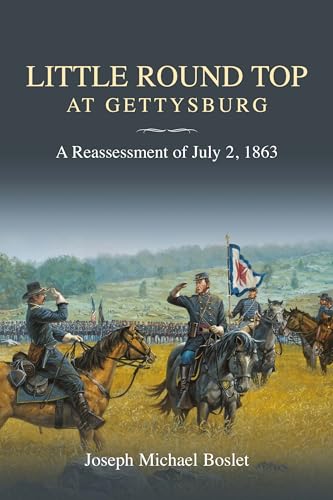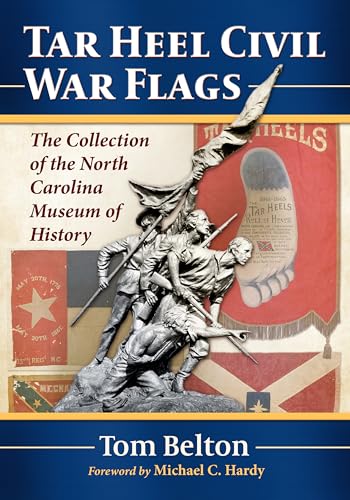
Montana Territory and the Civil War
by Ken Robison
"A Frontier Forged on the Battlefield"
Popularity
4.38 / 5
* A book's popularity is determined by how it compares to all other books on this website.
Where to buy?
Buy from Amazon* If you buy this book through the link above, we may receive a small commission at no extra cost to you.
Montana Territory and the Civil War by Ken Robison
Details
War:
American Civil War
Perspective:
Researcher
True Story:
Yes
Biography:
No
Region:
North America
Page Count:
176
Published Date:
2017
ISBN13:
9781625846303
Description
Main Themes and Topics
In "Montana Territory and the Civil War," Ken Robison explores the lesser-known narrative of how the Civil War's ideological divisions extended into the western frontier, particularly among the gold miners in Montana. The book delves into the socio-political landscape of the Montana Territory, showcasing the mixture of Southern sympathizers, Union loyalists, former slaves, and former slaveholders. The convergence of these diverse groups in the gold mining camps created a complex social fabric that influenced the development of the territory. Robison also highlights the significance of gold from Montana, which played a crucial role in supporting the Union war effort during the Civil War.
Writing Style and Tone
Ken Robison employs a narrative style that is both engaging and educational, allowing readers to immerse themselves in the historical context of the era. His tone is informative, providing detailed accounts of the characters and events that shaped Montana during the Civil War. Robison's use of vivid storytelling brings the period to life, making it accessible to readers with varying levels of historical knowledge.
Brief Summary
The book presents a series of interconnected stories set in the Montana Territory during the American Civil War. As gold discoveries attracted thousands of miners, the territory became a melting pot of conflicting ideologies. Robison examines the interactions and tensions between different factions, including Union veterans and Confederate sympathizers, illustrating how these dynamics influenced the territorial development. Additionally, the narrative covers the efforts of leaders like Union Colonel Sidney Edgerton and General Thomas Francis Meagher to maintain order and unity in the midst of chaos. Through these stories, Robison sheds light on the formation of an enduring legacy that has helped shape modern Montana.









